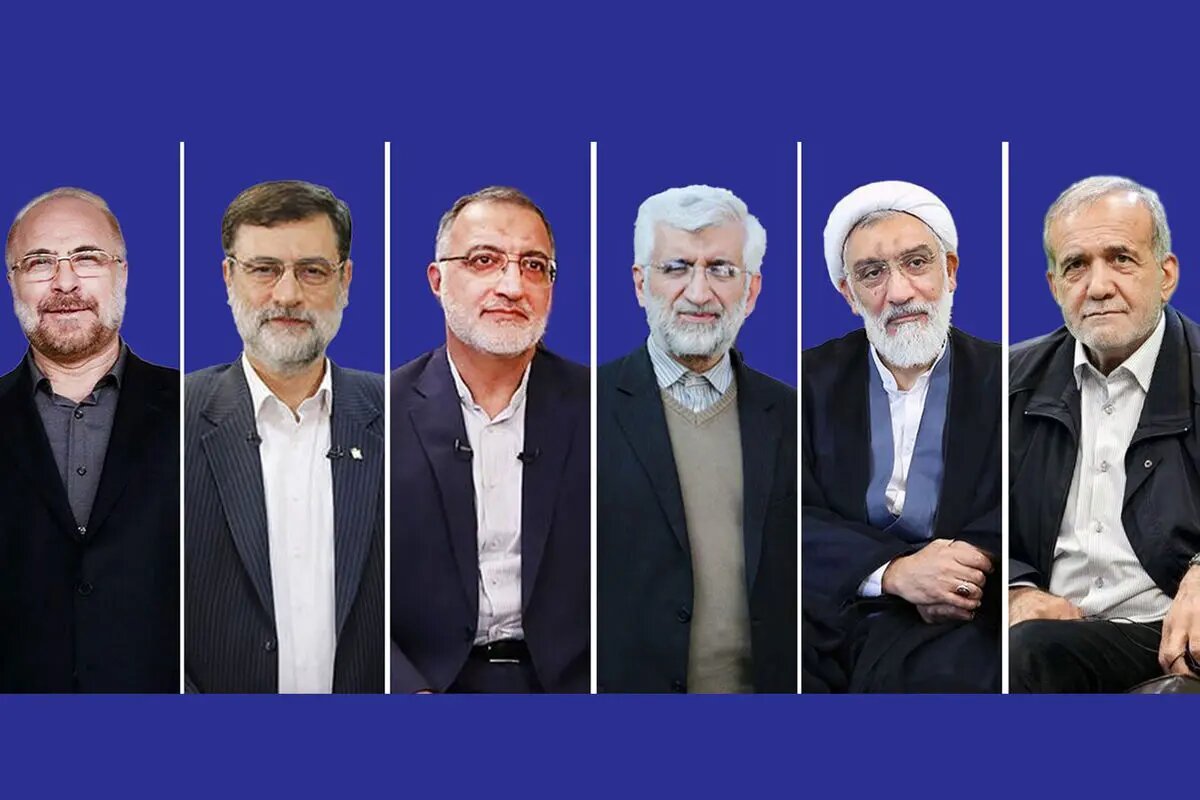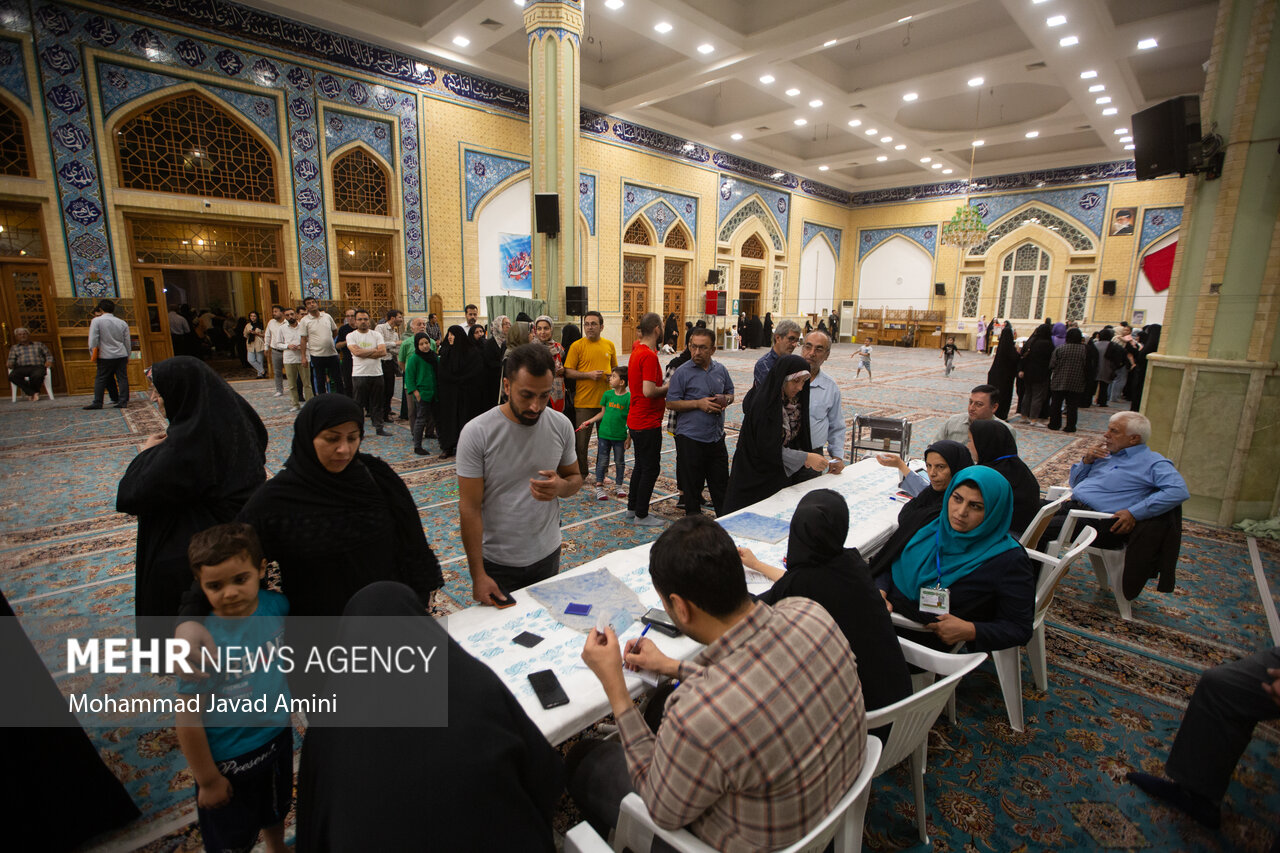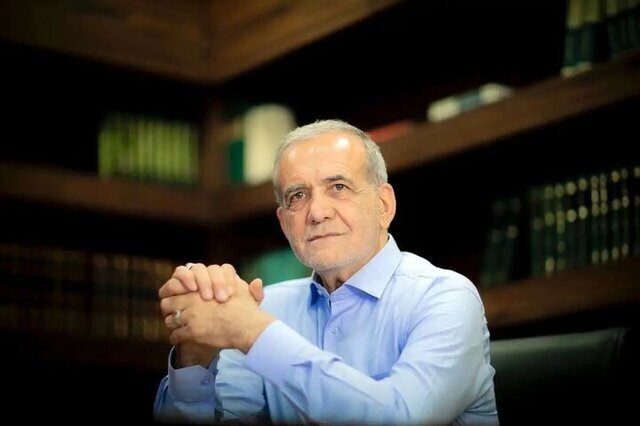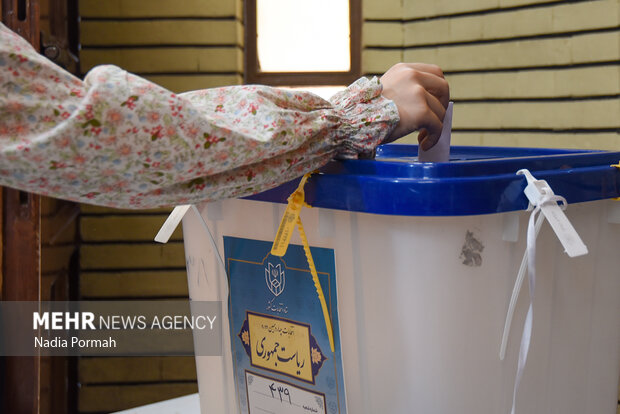A handful of anti-Islamic Revolution elements made attempts to disrupt voting in polling stations abroad but all to no avail.
According to Iran’s Ambassador to Australia, Ahmad Sadeqi, an anti-Islamic Revolution individual had been arrested in the Australian coastal city of Brisbane.
In a related development, Iran’s Ambassador to New Zealand Reza Nazar-Ahari said that the interruption from the anti-Islamic Revolution groups had dropped as the police of that country offered better cooperation.
The caretaker of the Interests Section of the Islamic Republic of Iran in Washington, Abolfazal Mehrabadi said that despite anti-Islamic Revolution groups' attempts, the 14th presidential election had been successfully held.
Fortunately, the votes of the Iranian expatriates in the US in the latest presidential election saw a 35% rise compared to the previous one, he added. The turnout in runoff elections marked a 29% surge in the US compared to the first round, he stated.
Mehrabadi went on to say that 35 polling stations in 21 American states had been prepared for the Iranians to cast their votes.
Iranians residing in the UK cities participated in the polling stations in Birmingham, Manchester, Newcastle, Cardiff, and Glasgow and five others in the British capital. Despite the smear campaign and the unreasonable behavior made by a few anti-Revolution individuals, the reports registered an increased participation in the election compared with that of three years ago in the UK.
The police of the UK had detained five anti-Revolution elements who attempted to disrupt the voting process, Iran’s chargé d'affaires to London Ali Matinfar has said.
Canada, among the aforementioned countries, adopted a confrontational approach instead of being cooperative in the election.
Canada, which considers itself a human rights defender, stood against the important rights of Iranians who were going to attend the 14th presidential election.
Despite the follow-up by Iran, Canada did not prepare the ground for holding the election, Iran’s acting Foreign Minister has said.
The country once again showed its hostility to Iran, Ali Bagheri Kani added.
It was proved that Canadian authorities are not honest in their claims, he noted.

Pezeshkian was one of the six candidates approved by the Constitutional Council (also known as the Guardian Council), the 12-member election supervisory body, to run in the presidential election last month.
Amirhossein Ghazizadeh Hashemi and Alireza Zakani had dropped their candidacy before the election.
Saeed Jalili and Masoud Pezeshkian competed in Friday’s run-off presidential election in Iran after no candidate won more than 50% of the vote in the first round.
In the first round on June 28, Pezeshkian came out on top with about 42.5%, and Jalili was second, with some 38.7%.
Over 61,450,000 eligible Iranian voters could take part in the elections inside the country and abroad. Voter turnout in last week’s polls stood at 40%.
The individuals born on or before June 28, 2006, were eligible to vote.
Forces from the Police, the Islamic Revolution Guards Corps (IRGC), and Basij were tasked with ensuring the security of the election.
As many as 58,640 polling stations in Iran and 344 others abroad were set up for the first round of the election on June 28.
Over 138 offices abroad hosted Iran’s runoff presidential election on July 5.
The former health minister secured over 16.3mn votes in Friday’s run-off, defeating Saeed Jalili who garnered 13.5mn votes, according to the interior ministry.
Out of a total of 30,530,157 counted votes, Pezeshkian, a heart surgeon, won 16,384,403 votes while Jalili stood behind his rival with 13,538,179 ballots.
Local Iranian media including Fars News and Tasnim News agencies have reported that over 30 million Iranians have cast their ballots. As many as 61 million Iranian citizens were announced to be eligible to vote. So, the turnout rate could have topped 50%.

Pezeshkian is an Iranian reformist politician who represented Tabriz, Osku, and Azarshahr electoral district in the Parliament of Iran, and also served as its First Deputy Speaker from 2016 to 2020.
He was Minister of Health between 2001 and 2005 under President Mohammad Khatami.
A cardiac surgeon by training, Pezeshkian previously also served as the chancellor of Tabriz University of Medical Sciences and currently is a member of the academic staff at the prestigious university in northern Iran.
He previously ran for the presidency in 2013 and 2021 but both times failed to make headway.

Pezeshkian will replace Ebrahim Raeisi, a widely popular president who passed away in a helicopter crash on May 19 in northwestern Iran, along with seven others.
Following his victory in the presidential runoff election, the official inauguration of Pezeshkian’s presidency must follow certain protocols specified in the country’s Constitution.
One of the first steps after the confirmation of the result is the official endorsement of the elected president by the Leader of the Islamic Revolution Ayatollah Seyyed Ali Khamenei, per Clause 9 of Article 110 of the Constitution.
The important first step toward assuming the office of the chief executive, known as validation, entails the official endorsement of the president-elect’s decree by the Leader.
Reported by Tohid Mahmoudpour


























Your Comment